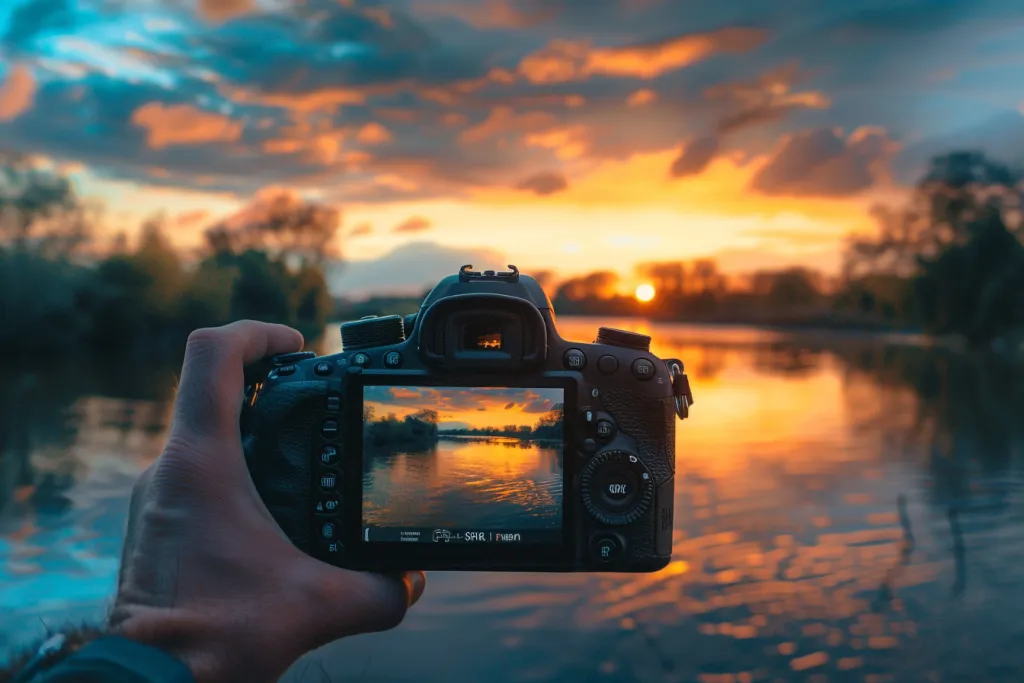In the ever-evolving world of consumer electronics, digital cameras remain a pivotal tool for capturing moments and weaving stories. Whether you’re a budding photographer or a seasoned professional, understanding the nuances of these devices is crucial. This article delves into the five critical aspects users care about most, offering insights and practical advice to navigate the complex landscape of digital cameras.
Table of Contents:
1. Image quality and resolution
2. Lens versatility and zoom capabilities
3. Battery life and power management
4. Connectivity and sharing features
5. Price and value for money
Image quality and resolution

The heart of any digital camera is its ability to capture stunning images. Image quality is influenced by several factors, including resolution, sensor size, and processing capabilities. High-resolution cameras can capture more detail, allowing for clearer pictures, especially when printed in large formats. However, it’s essential to consider the sensor’s size – larger sensors typically capture more light, leading to better image quality, especially in low-light conditions. Understanding these elements can help you choose a camera that meets your specific needs for clarity and detail.
Lens versatility and zoom capabilities

A camera’s lens plays a significant role in the versatility of your photography. Lenses determine the field of view, allowing you to capture wide landscapes or zoom in on distant subjects. Optical zoom maintains image quality at higher zoom levels, unlike digital zoom, which can lead to pixelation. Interchangeable lenses offer the flexibility to switch between different focal lengths and apertures, catering to various photography styles. Considering your photography goals, whether it’s capturing vast landscapes or detailed portraits, will guide you in selecting a camera with the right lens capabilities.
Battery life and power management

For many photographers, the longevity of a camera’s battery life is a critical factor. Long shooting sessions and travel photography demand reliable power management. Cameras with longer battery life and options for external power sources, such as battery grips, ensure you never miss a shot. Additionally, features like power-saving modes can extend battery life, making your camera ready for action when you need it. Evaluating how and where you plan to use your camera will help you understand the importance of battery life in your decision-making process.
Connectivity and sharing features

In today’s connected world, the ability to quickly share your photos is paramount. Modern digital cameras offer various connectivity options, including Wi-Fi, Bluetooth, and NFC, enabling instant sharing to social media platforms or cloud storage. Some cameras also offer built-in GPS for geotagging photos, adding location data to your images. These features enhance the overall photography experience, allowing for seamless integration with your digital lifestyle. When choosing a camera, consider how important instant sharing and connectivity are to your photography workflow.
Price and value for money

Finally, the consideration of price and value for money is unavoidable. Digital cameras come in a wide range of prices, from budget-friendly options to high-end professional models. Determining your budget and understanding the features that matter most to you can help you find a camera that offers the best value for your investment. It’s also wise to consider future expenses, such as lenses, accessories, and maintenance, which can add to the total cost of ownership. Balancing your photography needs with your budget will lead you to a camera that offers both quality and value.
Conclusion:
Navigating the world of digital cameras can be daunting, but understanding the key aspects that matter most to users can significantly simplify the process. By focusing on image quality, lens versatility, battery life, connectivity features, and price, you can make an informed decision that aligns with your photography goals and budget. Remember, the perfect camera is one that meets your needs, enhances your photography experience, and inspires you to capture the world through your lens.



